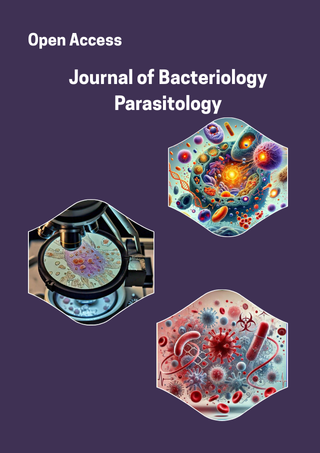Indexed In
DOAJ
CrossRef
PubMed
MEDLINE
ResearchBib
OAJI
Sindexs
Index Copernicus
EBSCO A-Z / Host
OCLC - WorldCat
Journal Flyer

Journal Highlights
Useful Links
Recommended Journals
Open Access Journals
Bacterial Genetics
Bacterial genetics is the study of how genetic information is stored, expressed, and transferred in bacteria. Bacteria typically have a single circular chromosome and may also carry plasmids—small DNA molecules with extra genes. They reproduce asexually by binary fission but exchange genetic material through transformation, transduction, and conjugation. These processes contribute to genetic diversity and adaptability. Mutations in bacterial DNA can lead to traits like antibiotic resistance. Gene regulation in bacteria controls the expression of proteins based on environmental conditions. Bacterial genetics is essential for understanding pathogenesis and developing new medical and biotechnological tools. It also plays a key role in genetic engineering and synthetic biology.

